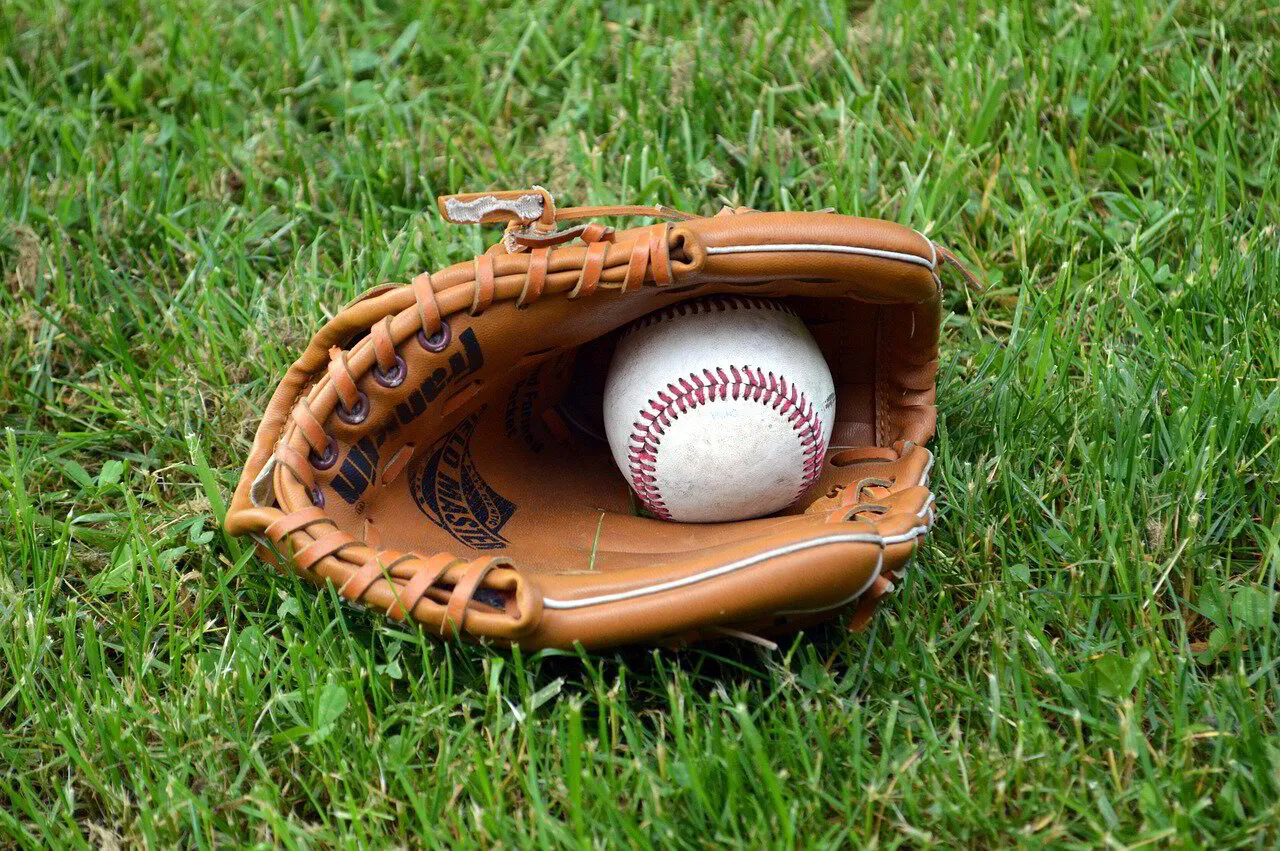I recently did an interview for Coach Jim Kielbaso on his website Ultimate Challenge Training. If you get a chance go over and check out his site. There is a lot of good information there. You can also find the following interview there as well.
1. Who taught you or mentored you in strength & conditioning? What things do you do the same as those people? What do you do differently now?
Rick Perry was my mentor. Currently, he is the director of strength and conditioning at Central Michigan. I played football at Southwest Missouri State University, now Missouri State, and he was the head strength coach at the time. It couldn’t have worked out any better. At that time, I was studying the same type of training that he believed in. He helped me to gain my first internship at the University of Washington and then offered me my first job in S&C the following year. I owe everything to Coach Perry. He started me on the right path by teaching me the basics to not only programming, but discipline, organization, and mental toughness in the field of strength and conditioning.
The other coach who had a huge influence on me was Bill Gillespie, director of strength and conditioning at Liberty University. I had the privilege to meet Bill while I was at the University of Washington for my internship. He was a strength coach with the Seattle Seahawks at the time. Bill’s knowledge in the field is unsurpassed and he was amazing mentor at a time when I was very impressionable in the field of strength and cond. Not only did he allow me to pick his brain, but he even let me train with him. It’s very humbling training with an 800+ lbs. bench presser and world record holder.
2. Do you place a strong emphasis on hard work in your programs? Why or why not?
Every program should be based on hard work and effort. If you don’t have it, you have nothing. A perfectly put together program on paper is useless without the drive and determination to work your ass off at it. I’ll take a sub-par program with blood and guts, than a superior program done by ninny’s any day.
3. What are some of the hardest things you've ever had your athletes do? How did they respond? Will you do it again?
We have a series of challenges in the middle of our off-season training. Each one is designed to last from 60 sec to 150 sec. If you’ve ever done anything as hard as you can for 2 minutes then you’ll know what I’m talking about. These challenges are done to separate the men from the boys. They are used with odd objects, strongman equipment, med balls, etc. We use 200 # chains, manskill sleds, slosh pipes, sprint sleds, football dummies, you name it and we’ve used it. The kids are put into teams and scored. At the end of the six weeks, we crown a team and an individual champion. It’s the hardest six weeks that any of my programs have ever done.
Our other mental toughness training consists of the Javorek Complex I and II. We perform these in the off-season as well. Our kids are all forced to count out the reps together, and if something isn’t done correctly, or someone isn’t counting, we start over. These are no joke with 1 min rest between sets. Our kids will work up to 6 sets at the end of a training session, barring no mistakes along the way.
Surprisingly, our athletes’ response to not only the competition but the complexes is very positive. Because we make it into a competition it fuels everyone’s drive to win no matter how difficult the task at hand. The complexes are a favorite because of the extreme pump our kids get to be honest. It makes them feel indestructible. They beg to do complexes year round, but we have to eliminate them at various portions of the year, especially in-season.
I will always continue to implement mental toughness into our training at various points throughout the year. I will always believe much more can be learned in the weight room than how to lift a dumbbell or barbell x amount of times.
4. In regards to exercise technique, at the end of a hard set, how sloppy is too sloppy for you? You may respond differently for different exercises. And, what do you do when technique starts to break down during a set?
Generally I don’t let much become sloppy in the weight room, especially when it comes to our main strength movements such as squat, bench, cleans, etc. We want clean movement at all times, and no breakdowns. I don’t want to reinforce more dysfunction than we already have in our movements. Now, at the end of our complexes, or other mental toughness training we allow for some breakdowns with technique. By the sixth set, some of our freshmen struggle to even hold the bar. I let this go to some extent because it does build mental toughness, and team togetherness. As long as I feel the athlete isn’t putting himself in harms way, we’ll finish the set.

